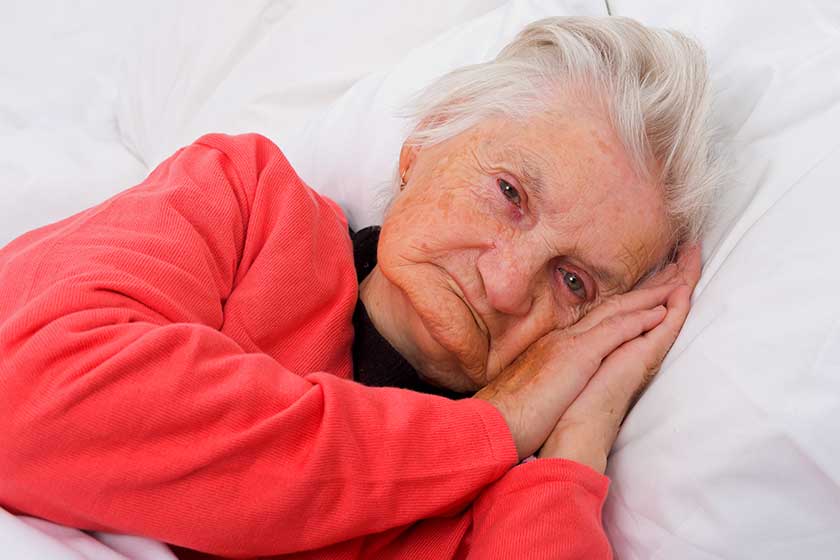As we age, our sleeping patterns change, and it’s not uncommon for older adults to sleep more than they used to. While getting enough rest is essential for overall health, oversleeping can be a cause for concern. Older adults who oversleep regularly may be at risk for health problems, decreased cognitive function, and a lower quality of life. In this article, we’ll explore the reasons why the elderly have high risks of oversleeping and what can be done to address them.
Changes in Circadian Rhythm
Retirees experience changes in their circadian rhythm, the body’s internal clock that regulates sleep-wake cycles. This can cause them to feel drowsy earlier in the evening and wake up earlier in the morning, leading to more extended periods of sleep. Oversleeping can cause disruptions in the circadian rhythm, leading to further problems.
Medical Conditions
Retirees are more likely to have medical conditions that can affect sleep, such as sleep apnea, restless leg syndrome, or depression. These conditions can lead to oversleeping or difficulty sleeping at night, causing older adults to sleep in longer in the morning.
Medications
Many medications prescribed to retirees can cause drowsiness or sleepiness, leading to oversleeping. Older adults should always discuss the side effects of their medication with their doctor to ensure that they are not causing any issues with their sleep patterns.
Lack of Physical Activity
Older adults who are less physically active may not tire themselves out enough during the day, leading to increased sleeping hours. Engaging in regular physical activity can help improve sleep quality and decrease the risk of oversleeping.
Poor Sleep Habits
Retirees who engage in poor sleep habits, such as drinking caffeine before bedtime or watching television in bed, can disrupt their sleep patterns and cause oversleeping. Establishing a consistent sleep routine can help improve sleep quality and decrease the risk of oversleeping.
Social Isolation
Older adults who are socially isolated or lonely may oversleep as a form of escape or as a result of depression. Encouraging retirees to engage in social activities can help combat this problem.
Cognitive Decline
Older adults who experience cognitive decline may become more forgetful or lose track of time, leading to oversleeping. Caregivers can help by creating a structured daily routine that includes set times for waking up and going to bed.
Nutritional Deficiencies
Nutritional deficiencies, such as low levels of vitamin D or B12, can lead to fatigue and oversleeping. Older adults should discuss their nutritional needs with their doctor and ensure that they are eating a well-balanced diet.
Oversleeping can be a cause for concern
In conclusion, oversleeping can be a cause for concern for retirees and their caregivers. By understanding the reasons why the elderly may oversleep and taking steps to address them, elderly individuals can enjoy better sleep quality, improved health, and a higher quality of life. Encouraging retirees to engage in physical activity, establishing a consistent sleep routine, and addressing medical conditions can all help decrease the risk of oversleeping. Caregivers should be vigilant in monitoring their loved one’s sleep patterns and discussing any concerns with their healthcare provider.







